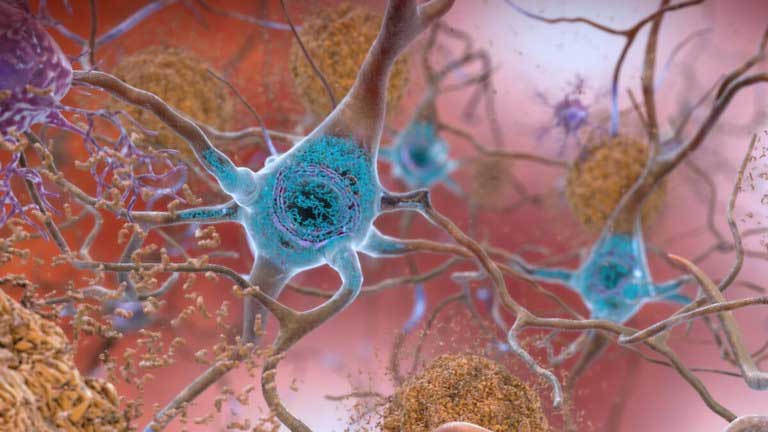STING-seq provides roadmap to identify variants and genes, enabling deeper understanding of the noncoding genome and targets for therapies
By NYU News
A major challenge in human genetics is understanding which parts of the genome drive specific traits or contribute to disease risk. This challenge is even greater for genetic variants found in the 98% of the genome that does not encode proteins.
A new approach developed by researchers at New York University and the New York Genome Center combines genetic association studies, gene editing, and single-cell sequencing to address these challenges and discover causal variants and genetic mechanisms for blood cell traits.
Their approach, dubbed STING-seq and published in Science, addresses the challenge of directly connecting genetic variants to human traits and health, and can help scientists identify drug targets for diseases with a genetic basis.




